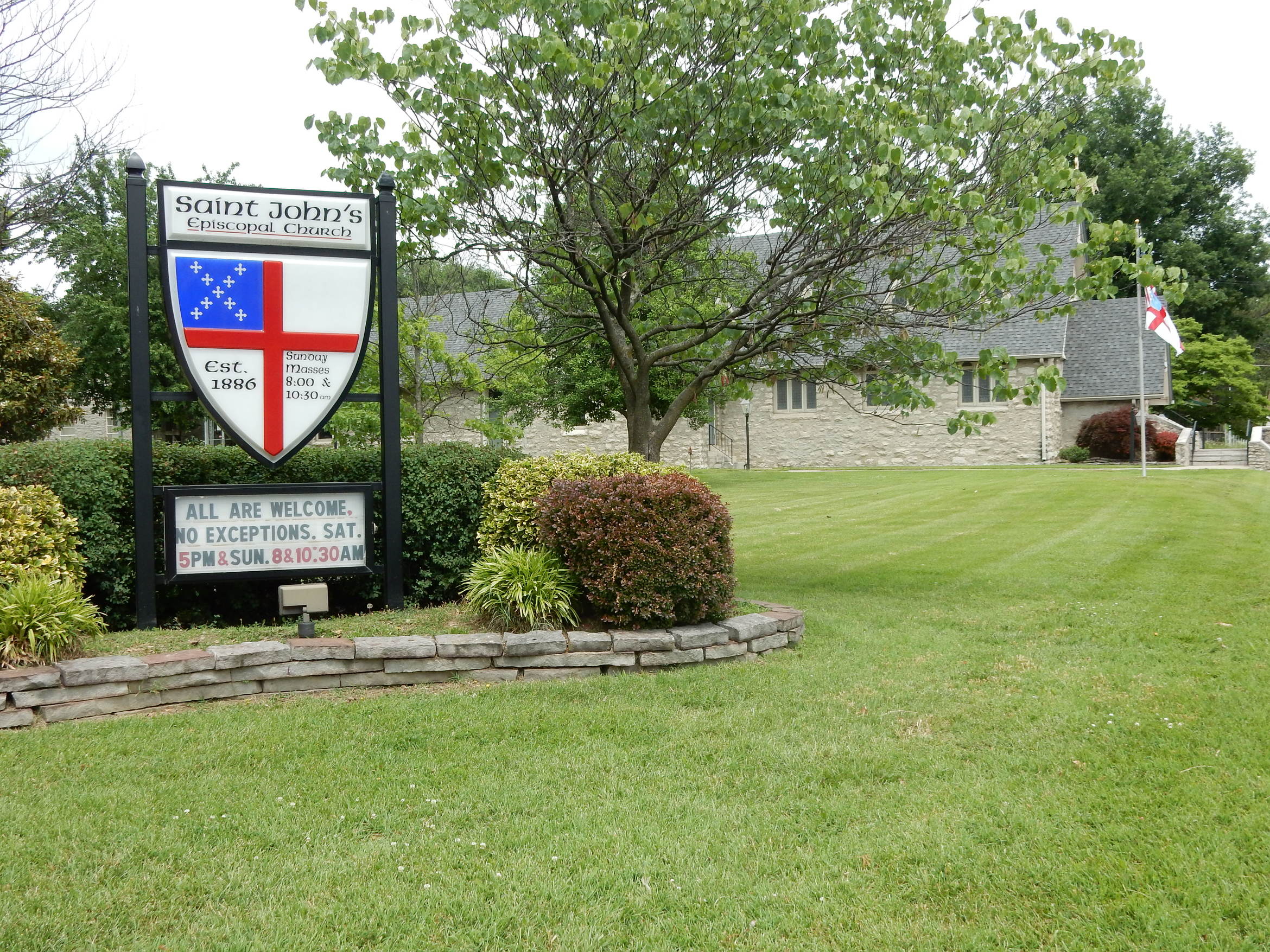When Jesus was instructing his disciples in how to pray, he taught them the Lord’s Prayer. No doubt it is the best-known prayer in Christendom, and you probably memorized it early in your Christian journey. Many parts of the prayer bear deeper consideration, but perhaps none more appropriately during our Lenten journey than the sentence about forgiveness: “Forgive us our sins as we forgive those who sin against us.”
We know that we have sinned and fallen short of what we expect of ourselves and of what we know God wants from us. Our sins are those of both omission and commission – that is we both fail to do what we ought to do and do those things that we ought not to do (BCP, 41-42). I suspect, for most folks, asking for forgiveness from God feels easier than granting forgiveness to someone who has wronged us. Yet, our Lord has taught us to pray to be forgiven as we are willing to forgive others.
It turns out that God’s economy is working double time when it comes to forgiveness. When we are able to forgive someone and salvage a friendship, it works towards God’s plans for reconciliation and harmony in our world. But we also accrue benefits for ourselves when we can forgive. “Observational studies, and even some randomized trials, suggest that forgiveness is associated with lower levels of depression, anxiety, and hostility; reduced substance abuse; higher self-esteem; and greater life satisfaction” (Harvard Health Publishing, Harvard Medical School https://www.health.harvard.edu/mind-and-mood/the-power-of-forgiveness). And, the more we practice the habit of forgiving, the stronger our “forgiveness muscle” becomes.
On the other hand, when we choose to marinate in a stew of anger and desire for revenge, to polish our trophies of how we have been misused or taken for granted, our body responds as if it were in current danger, releasing stress hormones such as adrenalin and cortisol that raise our blood pressure, increase our heart rate and increase the likelihood of our developing chronic hypertension, heart disease and diabetes.
Sometimes we have been wronged so deeply that forgiveness feels impossible or inappropriate. If you have experienced that depth of wrong, seeking counseling from a priest or a mental health professional is in order. Learning about options other than forgiveness can help you move away from your deep feelings of injury and betrayal.
Contrary to the old saying, forgiving does NOT mean forgetting. It means a decision to put the past behind you and not let it dominate your present life and relationships nor continue to jeopardize your mental and physical health.
This newsletter article can only scratch the surface of an important subject that has many facets. We will be exploring ways to further our understanding of this topic by future conversations and articles.
Cheryl Calvin (Moon), RN, BSN Parish Nurse


